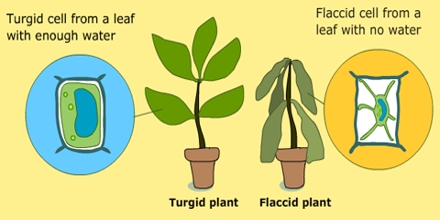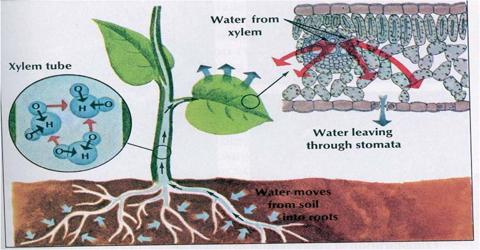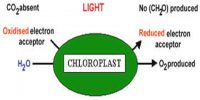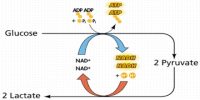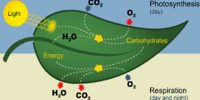Diffusion: When a substance of it’s area of higher concentration diffuses to the area of lower concentration is known as diffusion. It is the net passive movement of particles from a region in which they are in higher concentration to regions of lower concentration. It continues until the concentration of substances is uniform throughout.
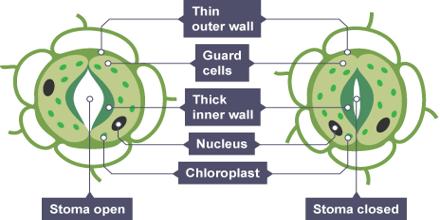
Simple diffusion occurs when small, nonpolar molecules transport through the selectively permeable cell membrane. The last type of diffusion is facilitated diffusion. This type of diffusion also utilizes protein carriers that are embedded into the cell’s membrane.
Turgidity: A cell in it’s fully prolonged circumstance is said to be turgid.
Turgidity is the condition of a cell in which the cell wall is fully prolonged due to the inclusion of water up to the final limit. Turgidity is necessary for plant cells to make them stay standing upright. Plant cells that lose much water have less turgor pressure and tend to become flaccid.
